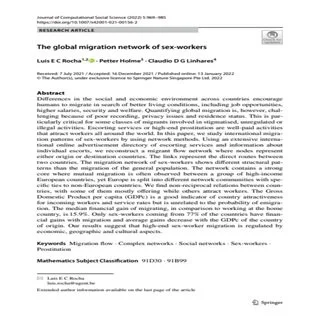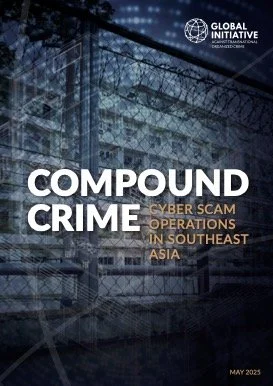By Ian Tennant, Simone Haysom, Tiphaine Chapeau
In October 2024, Brazil, France, and Peru tabled a resolution at the 12th session of the Conference of the Parties (COP) to the UN Convention against Transnational Organized Crime (UNTOC) for a new intergovernmental process to take stock of how the convention addresses crimes that affect the environment. In addition, the resolution called for possible gaps to be identified in the current international legal framework to prevent and combat these crimes, and to discuss whether any additional protocol should be developed. The work of the new intergovernmental expert group (IEG) will therefore become a key focus of multilateral discussions on environmental crimes in the future. The first meeting of this group will take place in Vienna from 30 June to 2 July 2025, and may be followed by a second meeting in early 2026, ahead of the 15th UN Congress on Crime Prevention and Criminal Justice in the United Arab Emirates in April. The group will be expected to report on its work at the 13th UNTOC COP in October 2026. This new process is the culmination of a long-brewing movement towards addressing environmental crimes beyond what can be controlled through CITES. For example, it builds on progress made at France’s initiative to push forward resolutions on environmental crime that are within the scope of existing UN instruments. In 2022, Resolution 31/1 of the UN Commission of Crime Prevention and Criminal Justice (CCPCJ) called for views on a potential new protocol on wildlife trafficking to be collected, following a campaign led by the Global Initiative to End Wildlife Crime consortium, which had high-profile government support from countries such as Angola, Kenya, Peru and Gabon, but for which consensus could not be reached as part of UN General Assembly Resolution 75/311 on wildlife trafficking. The UN Office on Drugs and Crime (UNODC) has published several analyses of what it calls the ‘patchwork’ of existing legislation, and documented member states’ views on the topic through questionnaires coming out of the latest CCPCJ and UNTOC resolutions. Calls for discussions on updating the international legal framework on environmental crimes, including potentially a new protocol, date back even further. For example, a joint paper by the Global Initiative Against Transnational Organized Crime (GI-TOC) and the World Wildlife Fund was launched at the 13th UN Crime Congress in Doha in 2015, and the UN system itself has adopted calls for further action since 2014, primarily with regard to the illegal wildlife trade. Environmental criminal markets have changed considerably since, increasing the need for the urgent updating of the existing multilateral response. Crimes that affect the environment are deeply globalized and require diverse action across value chains, including in transit countries, to be successfully combatted. Moreover, incentives for actions and consequences for inaction are grossly skewed across the globe, and preventive and remedial measures, convictions and recovery of proceeds from these crimes often lag behind. Despite some progress – notably on trafficking in wildlife, and especially in some iconic species – it has not been enough. It has never been clearer that more internationally coordinated action and globally funded and resourced responses are needed.
Geneva: ECO-SOLVE Global Initiative Against Transnational Organized Crime, 2024. 30p.





















